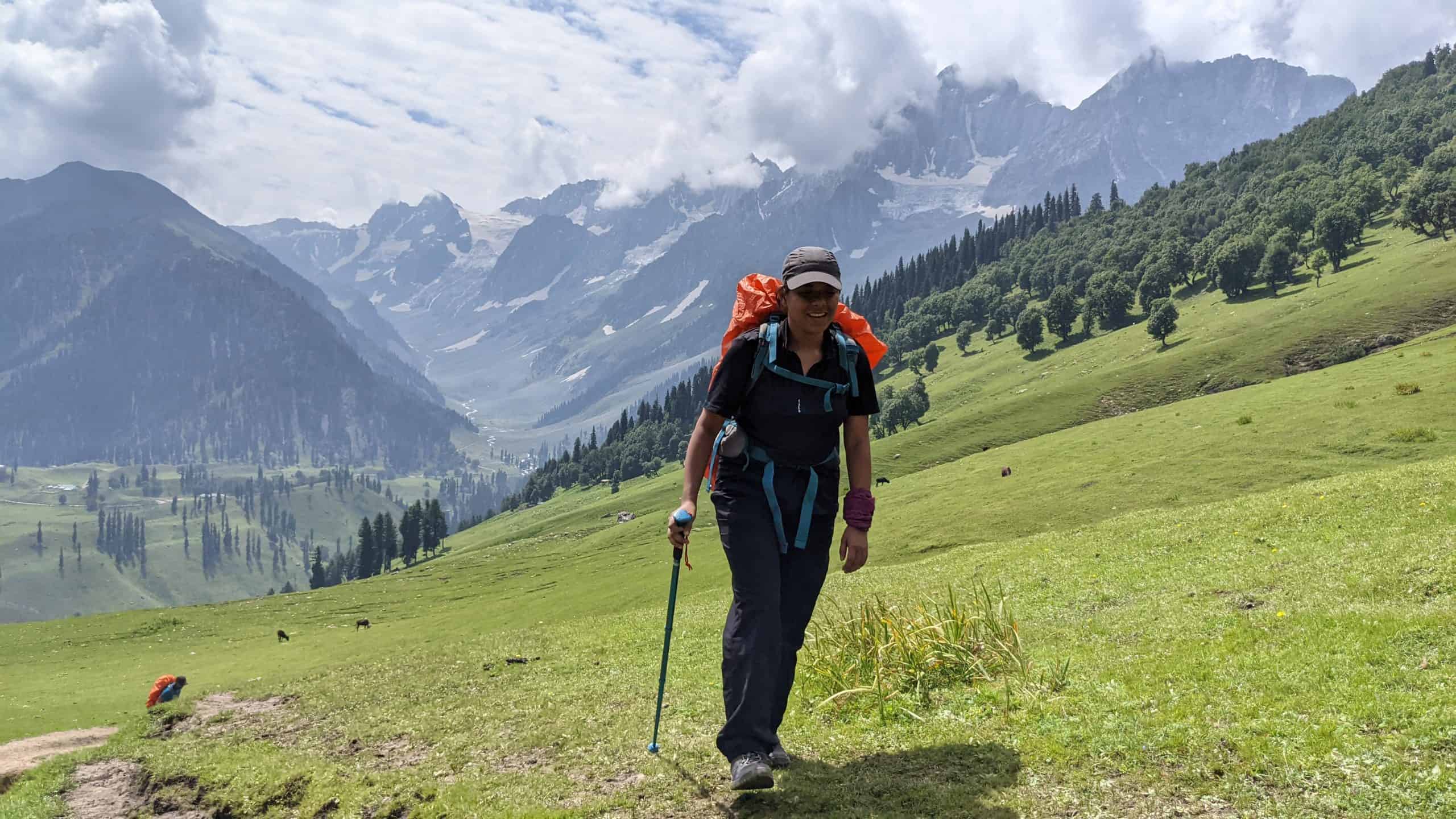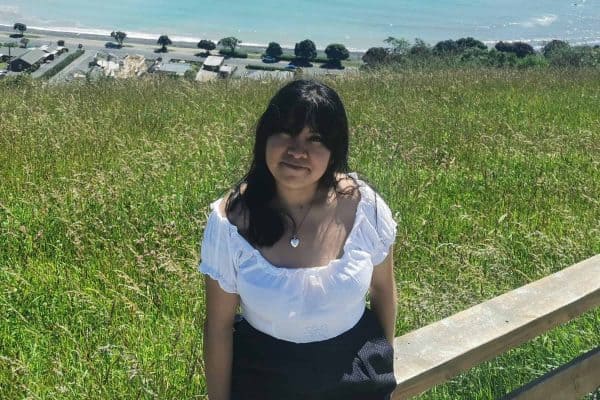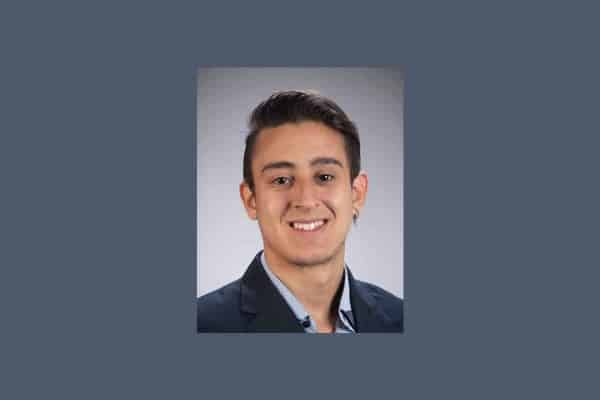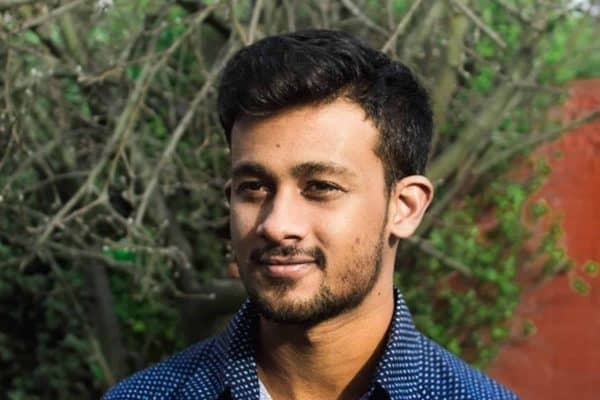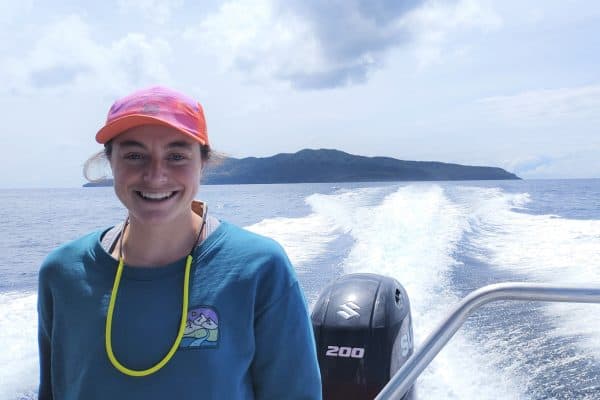Enhancing risk communications for collective action
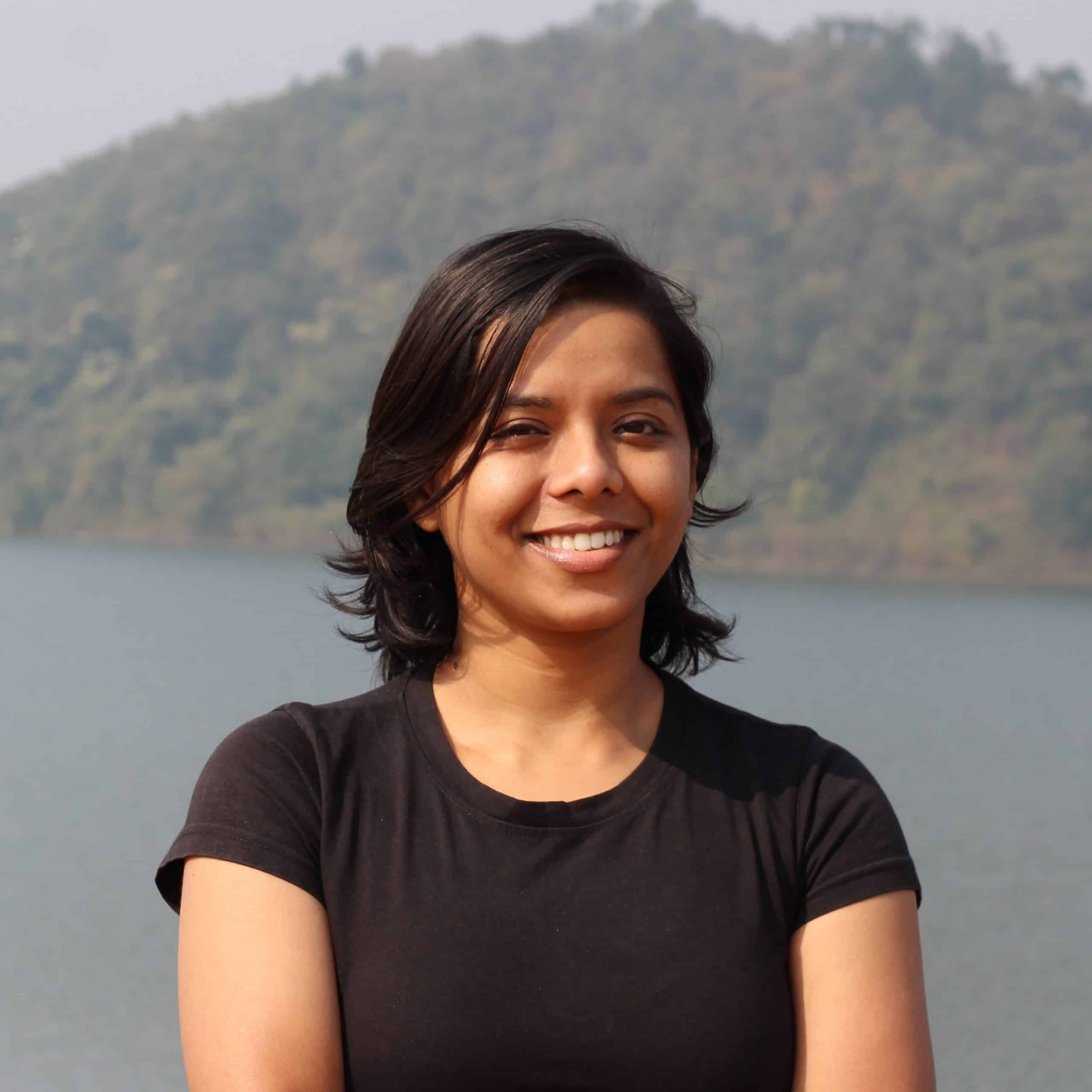
I was born and raised in a small railway colony, Chittaranjan, in India. After completing my graduation in Computer Science, I worked for two years in an IT organization. During that time, I also volunteered with different charities and eventually found myself drawn to the humanitarian sector. In 2015, I decided to sincerely pursue my interest in this sector and applied for a Masters in Disaster Studies at Tata Institute of Social Sciences. My Masters journey was enriching. I particularly enjoyed research and fieldwork and sought to build a career in research.
Over the next three years, I worked in different organizations on community resilience, gender and disasters, risk communication, and early warning systems. My research interest developed in disaster and risk communication. When I came to know of Resilience to Nature’s Challenges PhD scholarship on ‘Disaster Communication for Collective Action’, I immediately applied. My application was successful! Now I am a first-year PhD student at Massey University working under Dr. Julia Becker and Dr. Emma Hudson Doyle.
In my spare time, I like traveling, trekking, and spending time with my family and friends.
My project
New Zealand is vulnerable to multiple natural hazards like earthquakes, tsunamis, floods, and so on. The damages caused by these hazards can be largely reduced with appropriate preparedness and mitigation efforts taken at both individual and community levels. My research focuses on the community level and sits within the Resilience in Practice programme of Resilience to Nature’s Challenges. The study aims to understand how risk communication can encourage collective action for community-level preparedness and mitigation. The broad research questions are: a) to understand why some people are more likely than others to come together as collectives, and engage in community-level preparedness and mitigation efforts; and b) to examine how communication can be used to motivate more people to be a part of these collectives and address hazard risks in the community.
The first step in my research is to explore the existing collective action processes in New Zealand. To do this, I am currently conducting in-depth interviews with people involved in community-level preparedness and mitigation collectives across the country. I am trying to identify what motivates people to collectively address hazard risks, what facilitates the formation and sustenance of these collectives, and how risk communication is utilized in the process.
Next steps
The next step will be to develop a theoretical model based on my findings and existing literature. Then, I intend to design a series of surveys to empirically test the model, which is expected to be a significant outcome of this research.
The findings of this study will help in building new knowledge on community resilience in New Zealand. As most of the challenges we face today, including disasters and climate change, are community-wide problems, they cannot be reduced by individual initiatives alone and require community members to collectively address them. The findings of this study will help us understand how communities can be motivated to be the driving forces of change. The research outcome will also help in generating recommendations to make communication more effective and will inform fields beyond disasters, such as climate change adaptation, environmental action, and health behaviours.
